
Argentina eases caps on fuel, crude prices
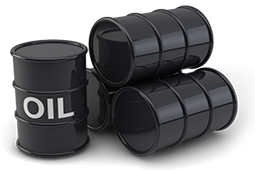
The increase also includes an effective 5pc increase in the domestic crude price, because the energy secretariat simultaneously authorized a weaker exchange rate that refiners must apply to pay producers of 51.77 pesos per US dollar.
As part of the initial freeze, domestic crude sales between producers and refiners must still be conducted at the same price that had been agreed before 9 August, referencing a Brent price of $59/bl. By modifying the underlying currency exchange rate, it assures producers will receive more money for their production.
The increase at the pump was authorized "with the objective of cushioning the impact" of ending the price freeze as well as "preventing eventual shortage problems that might take place," the energy secretariat said.
Oil firms have been warning that the freeze that is set to expire on 13 November has kept pump prices around 20pc below where they should be considering the peso's depreciation and annual inflation that exceeds 50pc.
This is not the first time the government has authorized a price increase in the middle of the 90-day freeze. In mid-September, the government approved a 4pc retail price hike along with an effective 5.58pc increase in the domestic crude price through the exchange rate following a sharp rise in international crude prices triggered by the 14 September attacks on Saudi oil installations.
Earlier in September, the government also narrowed the scope of the freeze by excluding the wholesale market.
Oil sector executives say the freeze is further harming the investment climate and labor unions have warned of layoffs.
The outgoing government of president Mauricio Macri imposed the freeze on fuel and crude prices on 16 August following a sharp depreciation of the peso sparked by an electoral primary that gave opposition presidential candidate, Alberto Fernandez, a substantial lead. Fernandez went on to win the presidential election on 27 October, and will take office in December.
His vice president, former president Cristina Fernandez de Kirchner, ran a populist administration known for extensive economic intervention. Under her watch, the government seized control of oil company YPF from Spain's Repsol in 2012.


Gold price eases after Trump downplays clash with Fed chair Powell

Copper price hits new record as tariff deadline looms
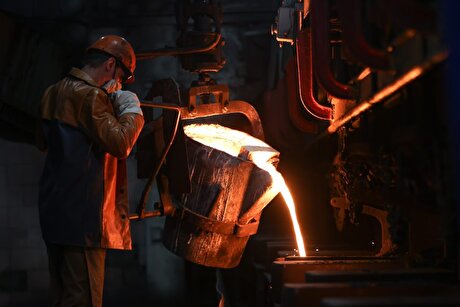
Brazil producers look to halt pig iron output as US tariff threat crimps demand
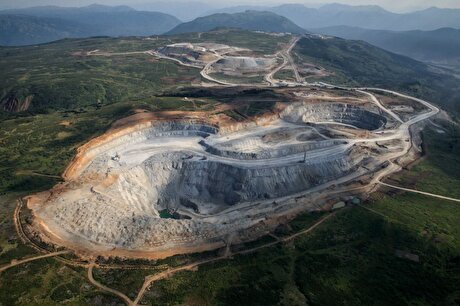
Three workers rescued after 60 hours trapped in Canada mine

Gold price could hit $4,000 by year-end, says Fidelity
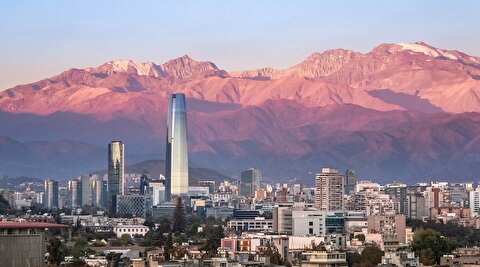
Chile’s 2025 vote puts mining sector’s future on the line
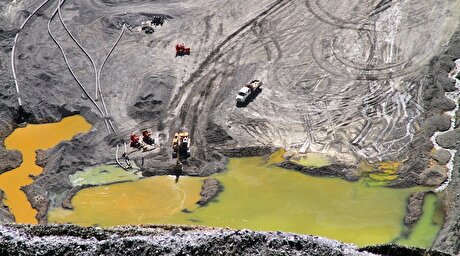
US targets mine waste to boost local critical minerals supply
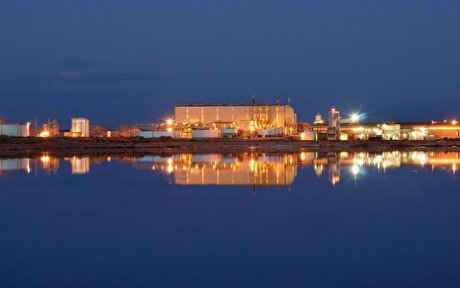
Energy Fuels surges to 3-year high as it begins heavy rare earth production
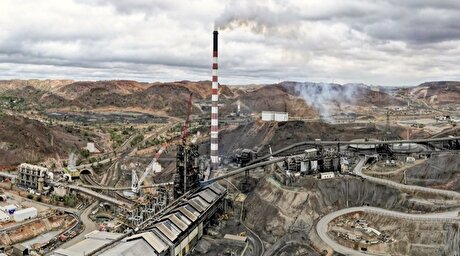
Glencore workers brace for layoffs on looming Mount Isa shutdown
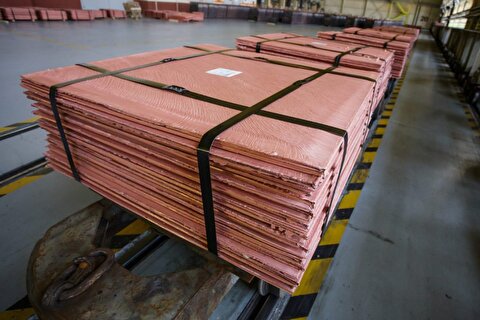
Trump tariff surprise triggers implosion of massive copper trade
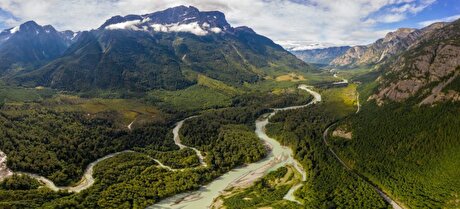
Maxus expands land holdings at Quarry antimony project in British Columbia
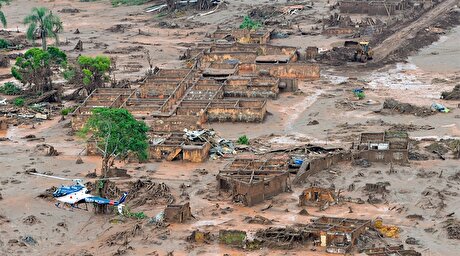
BHP, Vale accused of ‘cheating’ UK law firm out of $1.7 billion in fees
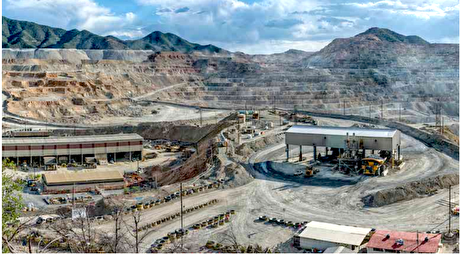
Southern Copper eyes $10.2B Mexico investment pending talks

American Tungsten gets site remediation plan approved for Ima mine in Idaho
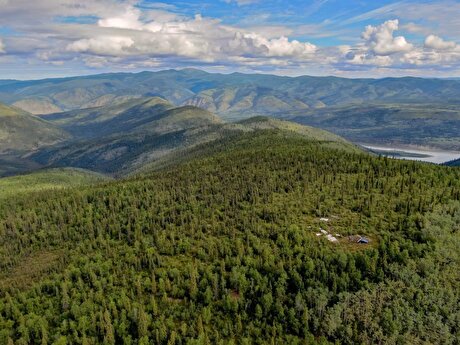
Kinross divests entire 12% stake in Yukon-focused White Gold

Gold price could hit $4,000 by year-end, says Fidelity

Southern Copper expects turmoil from US-China trade war to hit copper

Ramaco Resources secures five year permit for Brook rare earth mine in Wyoming

Column: EU’s pledge for $250 billion of US energy imports is delusional

Trump tariff surprise triggers implosion of massive copper trade

Maxus expands land holdings at Quarry antimony project in British Columbia

BHP, Vale accused of ‘cheating’ UK law firm out of $1.7 billion in fees

Southern Copper eyes $10.2B Mexico investment pending talks

American Tungsten gets site remediation plan approved for Ima mine in Idaho

Kinross divests entire 12% stake in Yukon-focused White Gold

Gold price could hit $4,000 by year-end, says Fidelity

Southern Copper expects turmoil from US-China trade war to hit copper

Ramaco Resources secures five year permit for Brook rare earth mine in Wyoming














